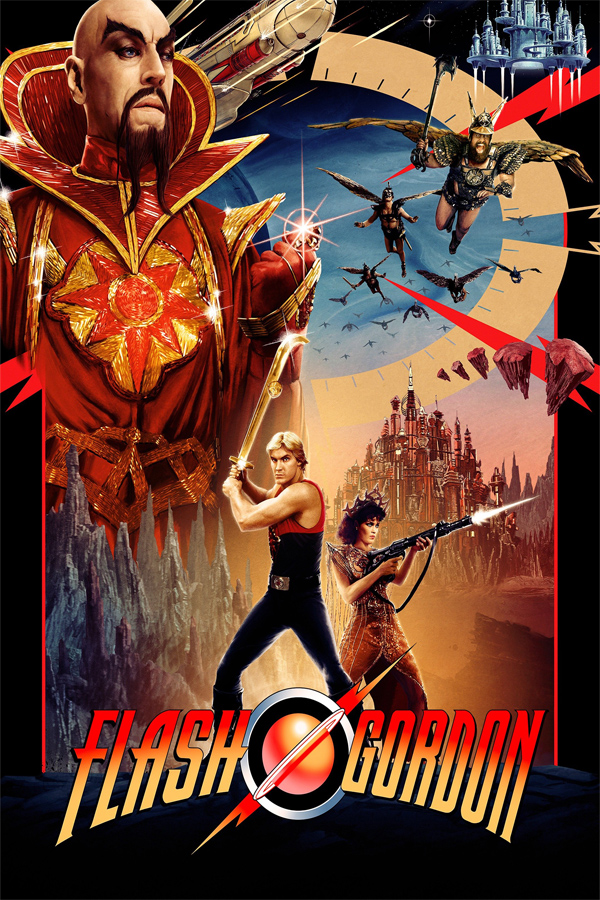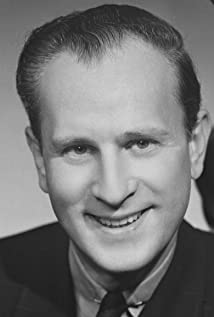Bud Abbott
Long acknowledged as one of the best "straight men" in the business, Bud Abbott was born William Alexander Abbott in Reading, Pennsylvania to Rae (Fisher) and Harry Abbott, who had both worked for the Barnum and Bailey Circus. When Bud was three his family moved to Asbury Park, New Jersey, which he later, erroneously, listed as his place of birth. He himself worked in carnivals while still a child and dropped out of school in 1909. He worked as assistant treasurer for the Casino Theater in Brooklyn, then as treasurer and/or manager of various theaters around the country. He worked as the straight man to such vaudeville and burlesque comics as Harry Steepe and Harry Evanson while managing the National Theater in Detroit. In 1931 while cashiering at the Brooklyn theater, he substituted for comic Lou Costello's ill straight-man. The two clicked almost immediately and formed their famous comedy team. Throughout the 1930s they worked burlesque, minstrel shows, vaudeville and movie houses. In 1938 they got national exposure through the Kate Smith radio show "The Kate Smith Hour", and signed with Universal Pictures the next year. They made their film debut in One Night in the Tropics (1940), and, while the team wasn't the film's stars, it made money for Universal and they got good enough notices to convince Universal to give them their own picture. Their first starring film, Buck Privates (1941), with The Andrews Sisters, grossed what was then a company-record $10 million (on a $180,000 budget) and they were on their way to stardom and a long run as the most popular comedy team in America. In 1942 they topped a poll of Hollywood stars. They had their own radio show (ABC, 1941-6, NBC, 1946-9) and TV show (The Abbott and Costello Show (1952)). After the war their careers stalled and the box-office takes for their films started slipping. However, they made a big comeback in Abbott and Costello Meet Frankenstein (1948), which raked in huge profits and even got the team good notices from critics who normally wouldn't even review their films. The movie's success convinced Universal to embark on a series of films in which the team met various monsters or found themselves in exotic locations. Their film career eventually petered out and the team split up in 1957. Costello embarked on a series of TV appearances and even made a film, without Abbott, called The 30 Foot Bride of Candy Rock (1959), but it was a flop. He received good notices after a dramatic performance in an episode of Wagon Train (1957) and was in discussion to star in a biography of famed New York City mayor Fiorello LaGuardia, a project Costello had been trying to get off the ground for years, when he died. Both Abbott and Costello had major tax problems with the Internal Revenue Service and wound up virtually broke. Abbott started over with a new partner, Candy Candido, in the 1960s and set off on a national tour, including Las Vegas, but the act failed. In 1966 he voiced his character in a cartoon version of their television show. His health deteriorated badly in the late 1960s, he had always suffered from epilepsy, and he died in 1974.

